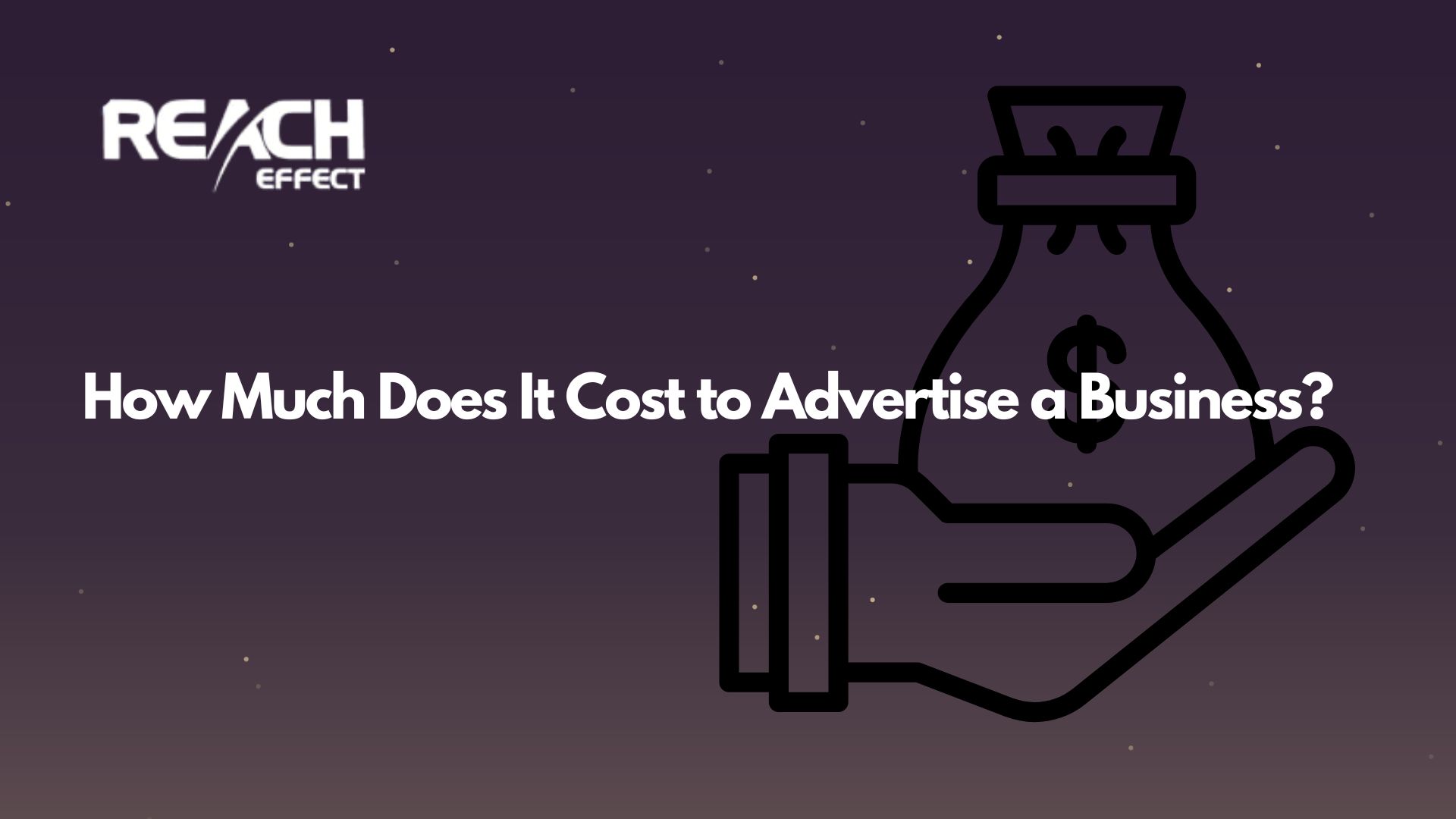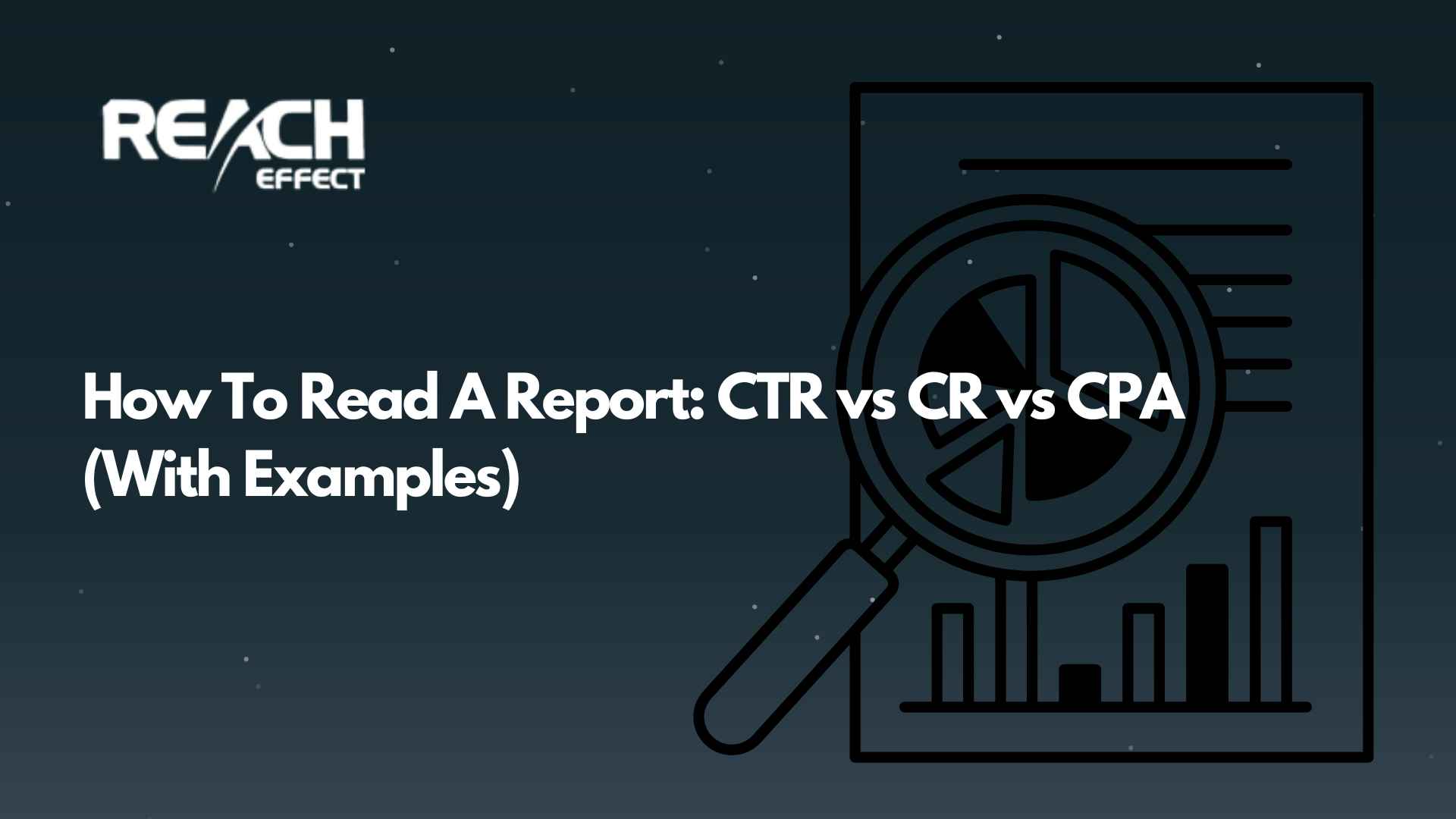Making money online is a dream for many people. Two new popular ways to achieve this are Affiliate Marketing vs Amazon FBA. Both offer unique opportunities to earn income from home, but they work differently. If you’re wondering which one is better for you, this article will help. We’ll explore affiliate marketing vs Amazon FBA by comparing startup costs, time investment, scalability, earnings potential, and more. This guide aims to give you the clarity you need to choose the right path. Let’s dive in and see what each model has to offer.
Understanding Affiliate Marketing
Affiliate marketing is a simple concept. You promote products or services created by someone else. When someone buys through your tracking link, you earn a commission. Think of it like recommending a great book to a friend, except you get paid when they buy it. You can promote almost anything, from gadgets to online courses and maybe VPNs, using platforms like a blog, YouTube, or Instagram. The goal is to build an audience that trusts you. Once you have that trust, your recommendations can turn into steady income.
The beauty of affiliate marketing is its flexibility. You don’t need to own the products or deal with shipping. All you need is a way to reach people, whether that’s through writing articles or posting videos. It’s a low-pressure way to start an online business, and with tools from Reacheffect, you can track your progress and optimize your efforts.
Understanding Amazon FBA
Amazon FBA stands for Fulfillment by Amazon. It’s a system where you sell products on Amazon, and they take care of the hard parts. You pick a product, buy it in bulk, and ship it to Amazon’s warehouses. When a customer orders it, Amazon handles the packing, shipping, and even returns. It’s like running your own store without needing a physical location or a delivery truck.
This model lets you focus on finding great products while Amazon manages the logistics. It’s perfect for anyone who wants to sell physical items without getting bogged down in details. However, it does require some planning and investment, which we’ll cover soon.
Startup Costs: What’s the Price to Begin?
Money is a big consideration when starting any business. Let’s compare the costs of affiliate marketing vs Amazon FBA.
Affiliate Marketing Costs
Affiliate marketing is affordable to start. You don’t need to buy inventory or pay for storage. Your main expenses might include a website, which can cost as little as $10 a month, and perhaps some basic tools for creating content. If you’re short on cash, you can use free platforms like social media or a YouTube channel. The low entry cost makes it accessible for almost anyone. You can even use resources from ReachEffect.com to keep your spending minimal while maximizing results.
Amazon FBA Costs
Amazon FBA requires more money upfront. You’ll need to purchase inventory, which could range from a few hundred to several thousand dollars. There are also fees for storing your products in Amazon’s warehouses and for each sale. Advertising on Amazon can add to the cost if you want your products to stand out. While the investment is higher, it opens the door to bigger profits if you choose the right items.
Time Investment: How Much Effort Does It Take?
Both affiliate marketing and Amazon FBA need time, but the work looks different for each.
Time for Affiliate Marketing
Affiliate marketing revolves around content. You’ll spend time writing blog posts, recording videos, or building a social media presence. It takes effort to grow an audience, and results might not come quickly. The good news? Once your content is out there, it can earn money for months or even years. A single article could keep generating commissions long after you’ve written it. It’s a slow build, but the payoff can be worth it.
Time for Amazon FBA
Amazon FBA involves more ongoing tasks. You’ll research products, order inventory, and monitor sales. If something sells out, you need to restock. If it doesn’t sell, you’re left with extra stock. Amazon handles customer service, but you still need to oversee the business. It’s a bit more hands-on than affiliate marketing, especially as you grow. The time you put in can lead to a thriving store, but it’s not as passive.
Scalability: How Big Can You Grow?
Growth potential is exciting to think about. Both models can expand, but they do it in different ways.
Scaling Affiliate Marketing
Affiliate marketing scales easily. Once you have a system, you can add more products or explore new topics. You might start with one blog and grow to several, or branch into video content. The internet has endless room for expansion, and automation tools can help you reach more people without extra work. It’s a model that rewards creativity and persistence.
Scaling Amazon FBA
Amazon FBA scales too, but it’s more complex. Adding products means more inventory to buy and manage. You’ll need to balance cash flow and storage space. A successful product can lead to big profits, and many sellers grow from one item to a full lineup. It takes careful planning, but the rewards can be substantial if you find a winning formula.
Potential Earnings: What’s the Income Like?
Earnings are a key factor in choosing between affiliate marketing vs Amazon FBA. Here’s what you might expect.
Earnings from Affiliate Marketing
In affiliate marketing, your income depends on traffic and conversions. Some people earn a few hundred dollars a month, while others make thousands. It’s tied to your ability to attract an audience and pick products they’ll buy. There’s no limit to what you can earn, but it takes skill and patience. With the right strategies you can boost your commissions over time.
Earnings from Amazon FBA
Amazon FBA offers higher earnings per sale since you’re selling physical products. A $20 item might net you $5 to $10 after fees, compared to a $2 commission from affiliate marketing. Costs like inventory and shipping eat into profits, but smart pricing can lead to solid income. Some sellers make thousands monthly, though success isn’t guaranteed.
Skills You’ll Need
Each model requires different abilities. Let’s break it down.
Skills for Affiliate Marketing
Affiliate marketing needs content skills. You’ll write, film, or design to engage people. Understanding SEO helps your content rank higher on Google. Marketing know-how and audience trust are also vital. It’s about connecting with people and offering value.
Skills for Amazon FBA
Amazon FBA leans on product skills. You’ll research trends, source items, and calculate profits. Managing inventory and optimizing listings are key. It’s less about content and more about business operations. If you enjoy strategy and numbers, this might suit you.
Risks to Watch Out For
Every business has challenges. Here’s what to keep in mind.
Risks in Affiliate Marketing
Affiliate marketing can be unpredictable. Search engine updates or platform changes might hurt your traffic. If a company cuts commissions or shuts down, your income could drop. Building an audience takes time, and there’s no sure thing.
Risks in Amazon FBA
Amazon FBA risks include unsold inventory, which ties up your money. Competition is tough, and Amazon’s rules can shift, affecting your costs. Negative reviews or counterfeit issues could also hurt. It’s a bigger gamble, but the rewards can match it.
Making Your Choice
So, which is better: affiliate marketing vs Amazon FBA? It depends on your situation. Affiliate marketing is ideal if you want low costs and flexibility. It suits people who love creating and connecting. Amazon FBA fits if you’re ready to invest money and manage a business. It’s great for those who want to sell products and build a brand. Consider your budget, time, and skills. Both can work with effort and the right tools.










